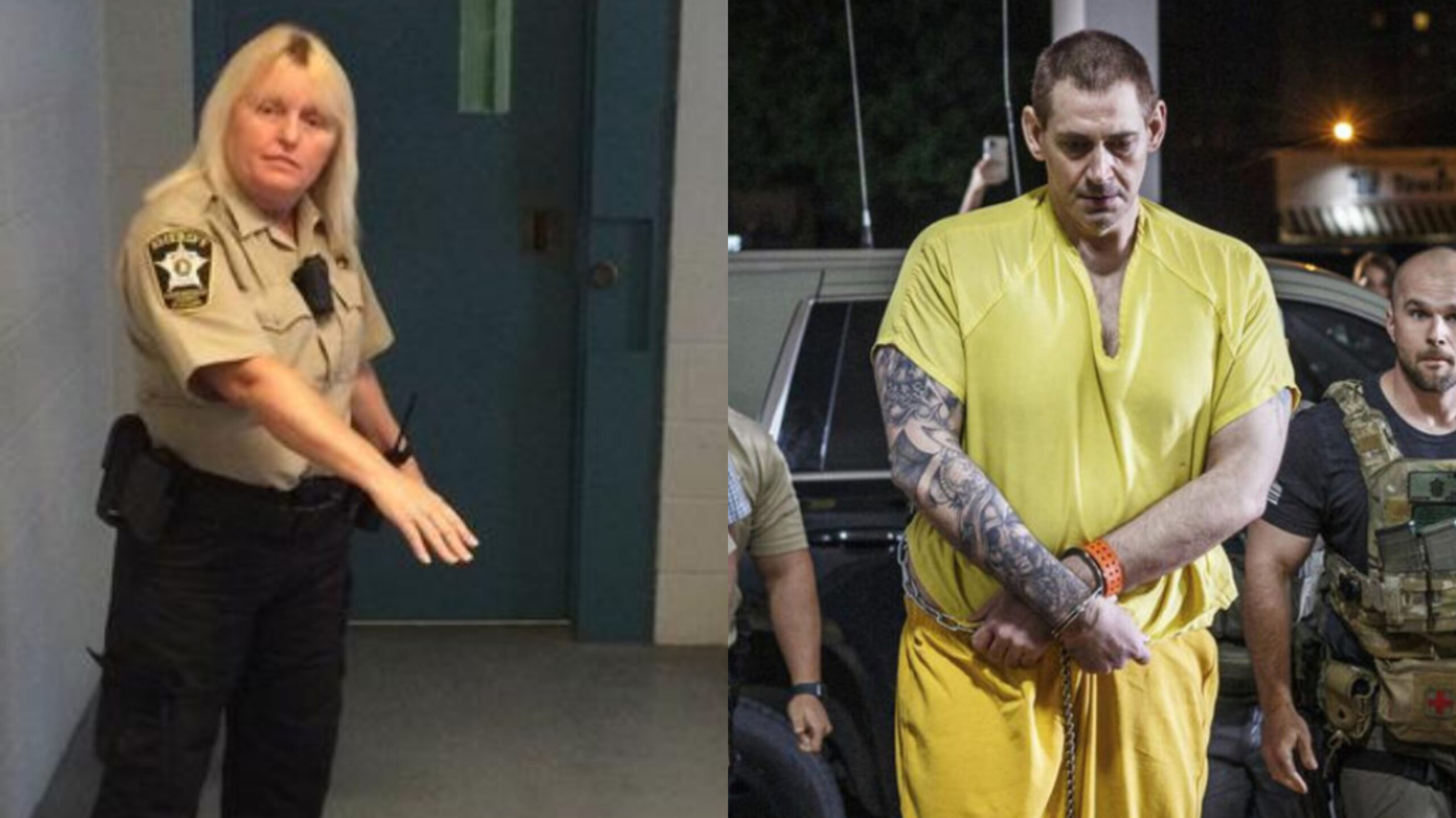Attorneys for Casey White, who goes to trial in December on a capital murder charge, have asked the judge in the case to block the potential sentence of the death penalty.
White has been charged in the brutal 2015 murder of Connie Ridgeway and will stand trial in Lauderdale County.
Conviction for capital murder in Alabama comes with a sentence of life in prison without the opportunity for parole or the death penalty. Lauderdale County District Attorney Chris Connolly has not said if he will pursue the death penalty for White.
White was awaiting trial when he escaped from the Lauderdale jail in April with the assistance of a jail officer, authorities have said. An 11-day manhunt led to his capture in Indiana in May. He has since been charged with felony murder in connection with the death of the jail officer, Vicki White, who took her own life with a gunshot to the head as police pursued the two in Evansville, Indiana, minutes before Casey White’s capture. The two were not related.
White is also serving a 75-year sentence for a separate 2015 crime spree.
White’s attorneys site the Fifth, Sixth, Eighth and Fourteenth Amendments as well as an array of court case in making their argument in the six-page pleading.
One element of the defense motion refers to the 2017 state law that prevents judges from disregarding a jury’s sentencing recommendation. In capital murder trials, if a jury finds the defendant guilty, the jury is then tasked with recommending a sentence – either life in prison without parole or death. The 2017 law stopped judges from imposing their own sentence if it disagreed with the jury.
However, for crimes committed prior to the law being passed, however, judges still have the leeway to override the jury’s sentence – which would be the circumstance in White’s case, given that he is charged with a murder that occurred in 2015.
The defense motion said Lauderdale Circuit Judge Benjamin Graves should declare judicial override “unconstitutional,” allowing the jury’s sentencing recommendation to stand.
The motion also argues that the jury, not the judge, should conduct the fact finding to determine if aggravating circumstances in the murder outweigh mitigating factors. Those factors are frequently included in a pre-sentence report provided to the judge in the weeks following trial when sentencing is rendered.
“Alabama law specifically provides that defendants are not eligible for the death penalty unless a finding is made that aggravating circumstances outweigh mitigating circumstances,” the motion said. State law also provides for additional facts to be presented to a judge after trial for the purposes of sentencing, the motion said.


Tell us your thoughts...